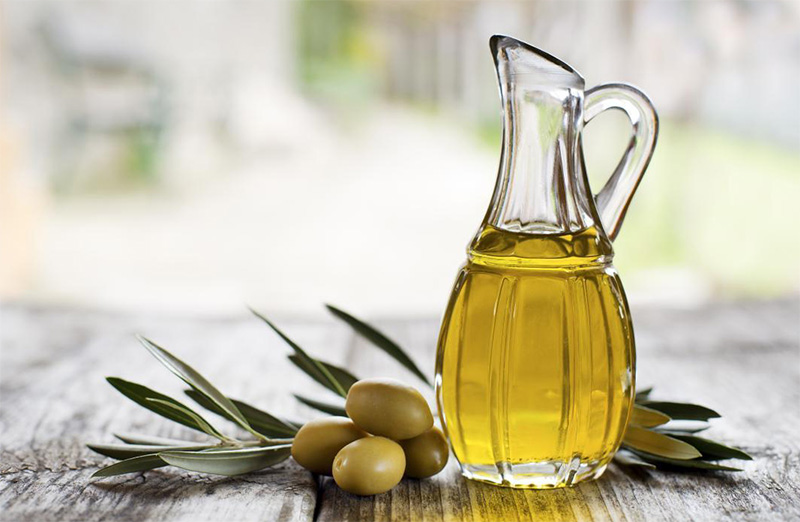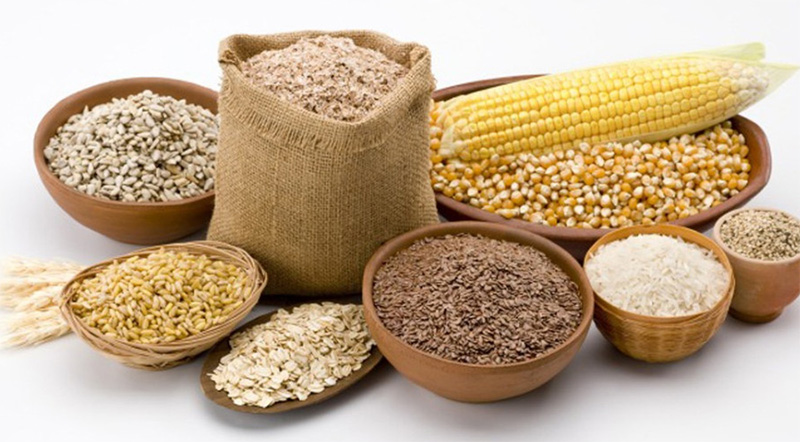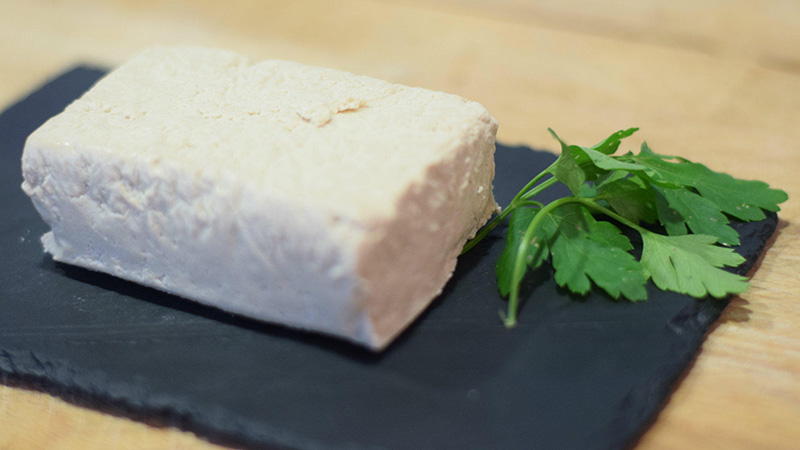
Current stressed lifestyles and rushed, unhealthy diets are important promoters of high cholesterol levels in the body, and that’s why I’m presenting some diet tips for preventing high cholesterol levels. We should always remember that the first step toward recovering our health and treating any medical problem should be an evaluation by a qualified specialist (I do recommend consulting a good cardiologist for treatment of cholesterol problems.)
This week I had my annual cardiological checkup. These tips expand on the recommendations of my cardiologist, and they could prove useful for keeping low cholesterol levels and, in general, a healthy lifestyle. Basically, we should start out by adopting better nutritional habits, including the following:
Eat more fiber and fruits, vegetables and whole cereals (maize, rice, wheat, sorghum, etc) because they promote lowering of bad LDL cholesterol levels, without affecting good HDL cholesterol. Prefer vegetables to fruits, though, because the latter usually contain higher concentrations of sugar. On its side, whole grains may be nutritionally superior to refined grains, and richer in fiber, some proteins, antioxidants, minerals and vitamins. By the way, did you know that “cereal” derives from “Ceres”, the name of the pre-Roman goddess of harvest and agriculture?
Prefer foods rich in polyunsaturated fatty acids (PUFAs), such as Omega 3 (ω−3). The healthiest foods rich in ω−3 fatty acids are flaxseeds, walnuts and cold water oily fishes such as salmon, herring, mackerel, anchovies and sardines. Eggs are also a source of ω−3. By the way, did you know that eggs from chickens fed corn have one-tenth the ω−3 in them as eggs from free-range chickens that eat greens and bugs? On June 19, 2019, the U.S. Food and Drug Administration gave qualified health claim status to eicosapentaenoic acid (EPA) and docosahexaenoic acid (DHA) ω−3 fatty acids, stating that “supportive but not conclusive research shows that consumption of EPA and DHA ω−3 fatty acids may reduce the risk of coronary heart disease.”
Prefer olive oil. This oil contains linoleic acid, another PUFA which could keep cholesterol from reaching higher levels, and some healthy monounsaturated fats. Extra-virgin olive oil contains no more than 0.8% acidity, has no refined oil and exhibit a better taste. Note that PUFAs, unlike saturated fats, are liquid at room temperature and remain liquid when refrigerated. On the other hand, monounsaturated fats, found in olive oil, are liquid at room temperature, but harden when refrigerated. When eaten in reasonable amounts, each type of fat can contribute to health. However, remember that no excess is good.

Consume soy-rich foods. Therefore we should favor whole soybeans, soybean milk and the delicious Tofu. Soy is a great source of complete proteins and a substantial provider of ω−3.

Reduce consumption of red meat and sausage. Meat is commonly identified as a major source of dietary cholesterol, so we should reduce the amount we use for cooking. Some people prefer to remove meat completely from their diet, though.
Foods rich in simple sugars, refined flour and trans-fat (mostly those present in sweets, margarine and fries) should be removed from the diet. Refined sugars and flour have lost plenty of its important nutrient and frequently have to be enriched. Unlike other dietary fats, trans fats raise levels of bad LDL cholesterol and lower levels of good HDL cholesterol. Also avoid junk food.
Don’t abuse of salt. There is important evidence of an association between dietary salt intakes and increases in blood pressure.
Limit alcohol, tobacco and coffee. Reasonable amounts of these may prove healthy or tolerable, but don’t exceed.
Finally, other important factor is regular exercise, but this must be done only under medical supervision and advice. Remember that you must follow your doctor guidelines strictly. I hope you liked these diet tips for preventing high cholesterol levels 🙂